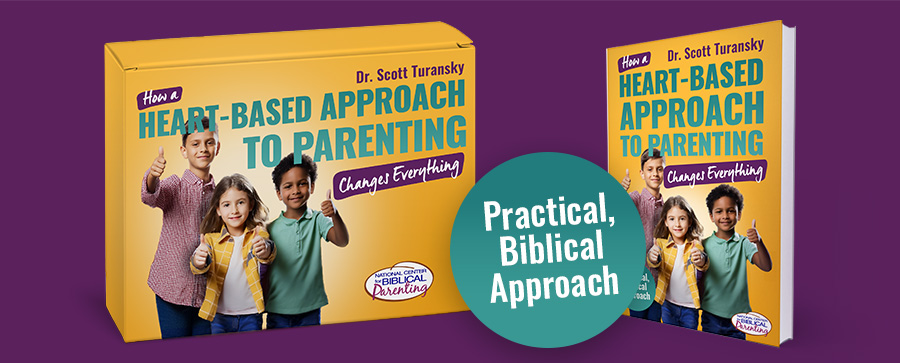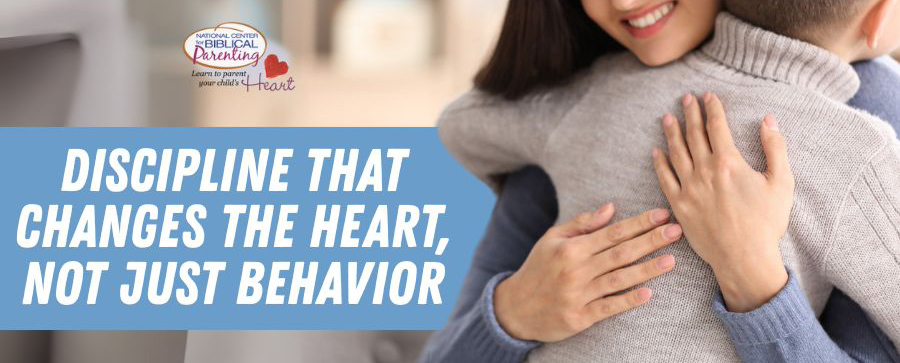The Surprising Parenting Shift That Changes Everything

Sarah stood in the kitchen, arms crossed, eyes narrowed at her ten-year-old son, Ethan, who was slouched in a dining room chair. The dishwasher door hung open, half-loaded. Again. This was the third night in a row she’d asked Ethan to complete the job—and again, he had wandered off halfway through.
“I told you to finish the dishes,” she said, the familiar edge in her voice sharpening.
Ethan didn’t move. “I forgot,” he mumbled.
Sarah felt the anger rise. Should she take away his video game? Ground him for the weekend? Nag? Lecture? None of it had worked the last time—or the time before that.
Then she remembered something she had recently learned: When you take all the responsibility for your child’s behavior, you rob them of the opportunity to grow.
That night, Sarah tried something different.
From Enforcer to Coach
If you’re like most parents, your instinct when your child misbehaves is to jump in and fix the problem. You issue a consequence, demand compliance, or take over the task yourself just to get it done. You might even feel like the only way anything happens in your home is if you make it happen.
But here’s a revolutionary thought: What if you transferred responsibility back to your child—not in frustration, but as a strategic step toward their growth?
That shift, from enforcer to coach, is one of the most powerful parenting moves you can make. And it begins with changing the way you think about correction.
Correction Isn’t a Sentence—It’s a Setup for Growth
In a heart-based approach to parenting, correction is more than just managing misbehavior. It’s about developing internal character. That means instead of simply punishing a child for doing wrong, we invite the child to take ownership, reflect on what happened, and re-enter family life with a plan for change.
This isn’t about letting kids off the hook. It’s about putting them on the right hook—the one where they are empowered to choose a better response.
Let’s revisit Ethan and Sarah.
Instead of yelling, Sarah walked over to Ethan and quietly said, “Hey, you didn’t finish the dishes. That’s your job, and it’s still waiting.”
“I forgot,” Ethan said again, this time with a little more edge.
“I understand,” she said, “but being part of our family means doing your part. Take a break if you need to settle down. When you’re ready, come back and finish, and we’ll talk.”
Ethan stomped away. But twenty minutes later, he came back.
Sarah sat with him and calmly asked, “What did you do wrong?”
Ethan looked down. “I didn’t finish the dishes.”
“Why is that wrong?”
“Because it’s my job,” he said. “You were counting on me.”
“What will you do differently next time?”
“I’ll just finish them before I go anywhere.”
“Okay,” she said. “Go ahead and finish now.”
No yelling. No threats. No nagging. Just a shift in who held the responsibility.
And that changed everything.
The Power of “What Did You Do Wrong?”
One of the most strategic questions you can ask your child after a correction moment is: “What did you do wrong?”
This is God’s idea as he taught us the value of confession. It may seem simple, but this question invites self-reflection. It shifts the moment from you pointing out the mistake to them owning it. It’s not about blame—it’s about training the conscience.
What happens if your child avoids the question or blames someone else?
Then you calmly say, “We’ll talk when you’re ready to take responsibility.”
This is how we transfer responsibility without disengaging. You’re still present. Still guiding. But you’re requiring your child to step into the process of change.
That’s maturity in the making.
When Children Resist—Keep Going
You might be thinking, “This would never work with my child.” And it’s true—some kids resist correction fiercely. They shut down. Argue. Get defensive. Or pretend nothing happened.
That’s okay. Growth is a process.
Here are a few reminders for the resistant child:
- Be patiently firm. Don’t give in, and don’t blow up. Calm firmness is your greatest strength.
- Use consequences as motivators, not punishments. “You can earn back screen time when you show you’re contributing to the family again.”
- Keep building the relationship. Connection softens the heart.
- Explain the why. Correction helps them grow in wisdom and character.
- Stay in coach mode. You’re not fighting them—you’re guiding them.
This Is the Kind of Correction That Builds Adults
When children take responsibility for their actions, learn to reflect on what went wrong, and make a plan to change, they are developing life skills they will use forever.
You’re not just getting the dishwasher emptied. You’re training the heart.
And that’s what makes a heart-based approach so powerful.
Want to Learn More?
If this idea stirred something in you—if you’re thinking, I want to parent like that, then you’re ready for the full training.
Check out my full course called How a Heart-Based Approach Changes Everything. Each session offers practical tools, real-life stories, and biblical insights to help you reach your child’s heart.
➡️ Start here: https://biblicalparenting.org/how-a-heart-based-approach-works/ Let’s raise children who don’t just behave well—but who grow strong from the inside out.



Leave a Reply
Want to join the discussion?Feel free to contribute!